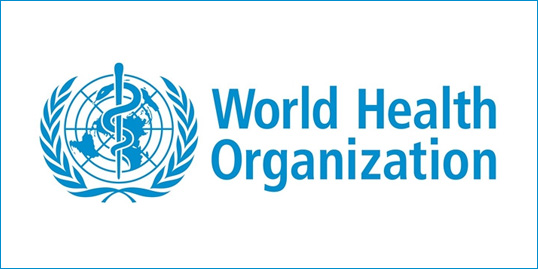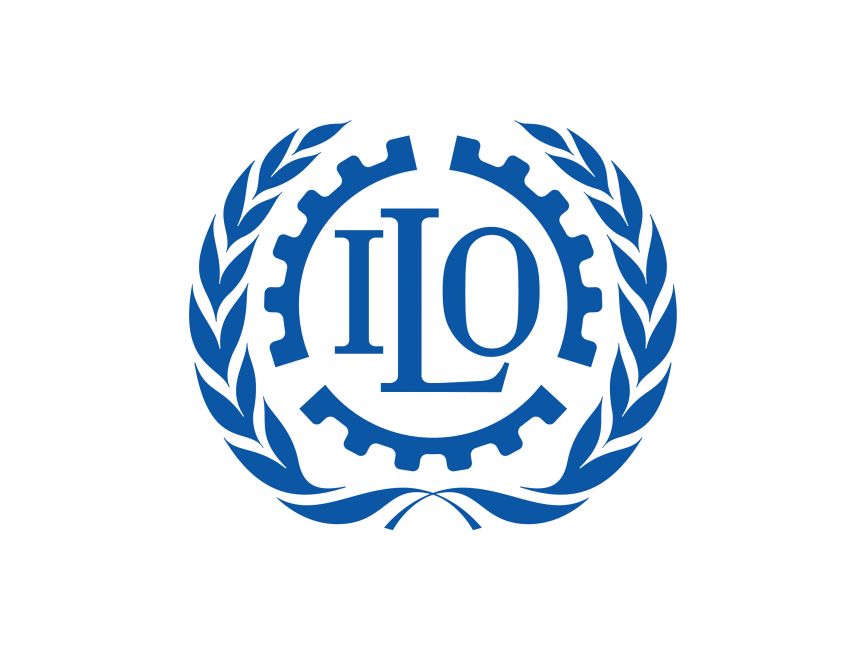Collections
Internet links and resources
Search filters

Supreme Court of Cassation
In Italy, the Supreme Court of Cassation is at the apex of ordinary jurisdiction; among the main functions attributed to it by the Fundamental Law on the Judiciary of January 30, 1941 No. 12 (Art. 65) is that of ensuring “the exact observance and uniform interpretation of the law, the unity of the national objective law, and respect for the limits of the different jurisdictions”.
Last update:

European Data Protection Supervisor (EDPS)
A figure established by Regulation 45/2001, the European Data Protection Supervisor is responsible for ensuring that the right to privacy is respected in the processing of personal data by EU institutions and bodies, as also provided for in Articles 7 and 8 of the Nice Charter.
Last update:

Italian Constitutional Court
The Constitutional Court, in the Italian legal system, is the most important constitutional guarantee body. Its duties are to: verify the conformity with the Constitution of laws, state and regional, and acts having the force of law (control of constitutional legitimacy); settle conflicts of attribution between the powers of the State, between the State and the regions, and between the regions themselves; judge on charges brought against the President of the Republic; and verify the admissibility of abrogative referenda.
Last update:

European Ombudsman
Elected by the European Parliament, the European Ombudsman considers complaints lodged by European citizens about instances of maladministration in the actions of Union institutions and bodies.
Last update:
.jpg)
International Organization for Migration (IOM)
Established in 1951, IOM is the leading inter-governmental organization in the field of migration and works closely with governmental, intergovernmental and non-governmental partners. IOM works to ensure the dignity, safety and protection of people in the most challenging crisis response contexts in the world and supports communities affected by or at risk of displacement whether caused to climate change, environmental degradation, conflict or instability.
Last update:

European Institut for Gender Equality (EIGE)
The European Institute for Gender Equality (EIGE) produces independent research and shares best practice to promote gender equality and eliminate discrimination based on gender.
Last update:

World Health Organization (WHO)
The WHO is the United Nations agency that connects nations, partners and people to promote health, keep the world safe and serve the vulnerable, so everyone, everywhere can attain the highest level of health.
Last update:

International Labour Organization (ILO)
The International Labour Organization (ILO) is devoted to promoting social justice and internationally recognized human and labour rights, pursuing its founding mission that social justice is essential to universal and lasting peace. It brings together governments, employers and workers of the Member States, to set labour standards, develop policies and devise programmes promoting decent work for all women and men.
Last update:

United Nations Educational, Scientific and Cultural Organization (UNESCO)
UNESCO contributes to peace and security by promoting international cooperation in education, sciences, culture, communication and information.
Last update:

